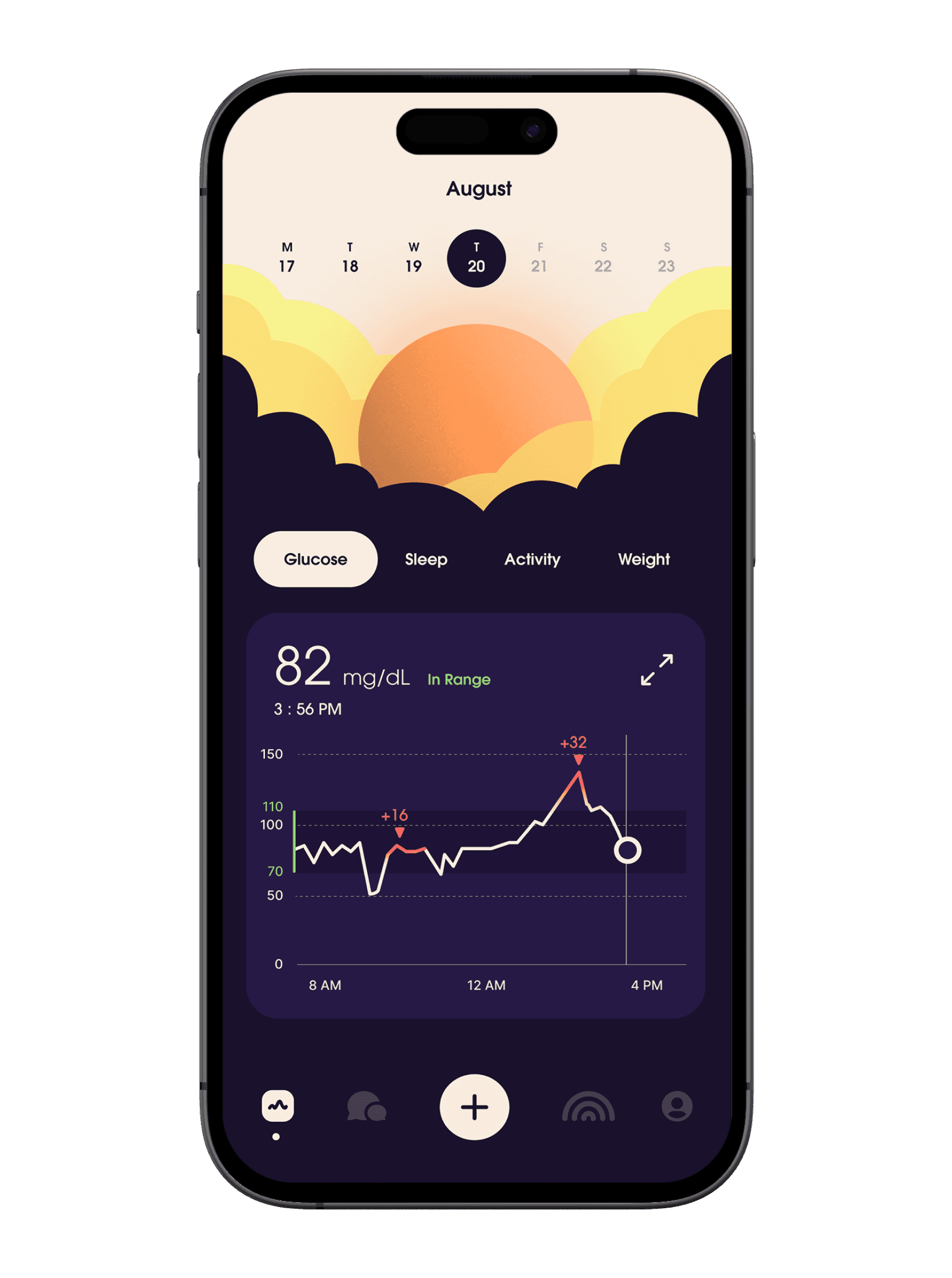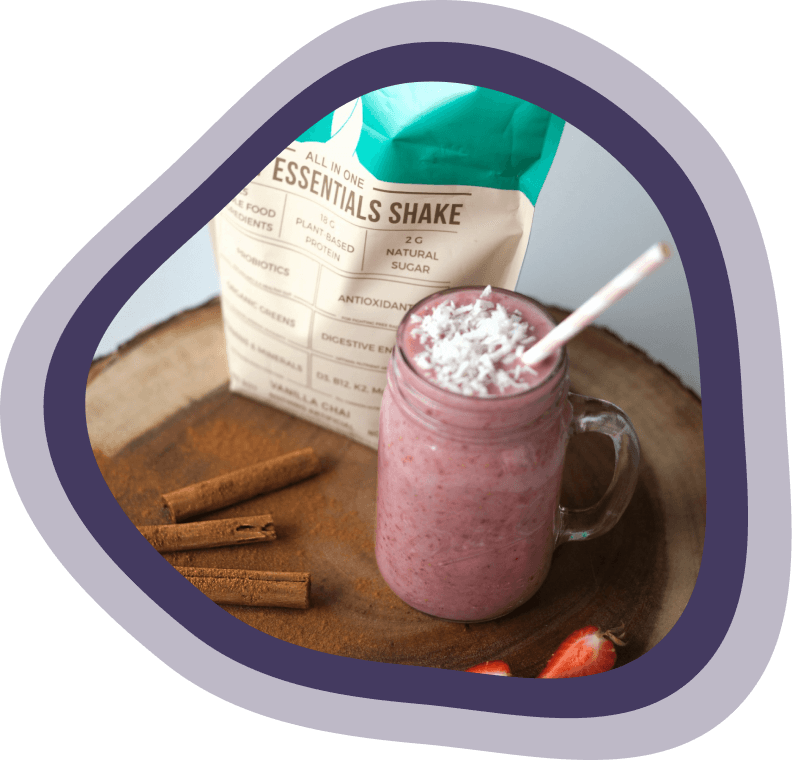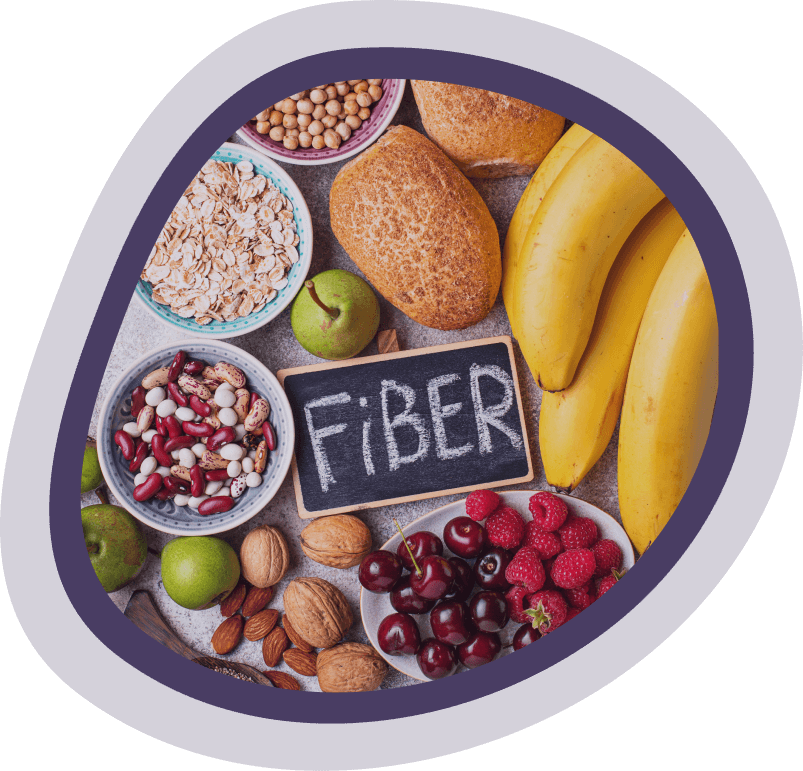Hormonal Imbalance
Hormonal imbalance occurs when there is either too much or too little of a hormone in the bloodstream.
Simply put it is when there are fluctuations or disruptions of specific hormones in your body.
The imbalance can stem from malfunctioning of the gland cells due to diseases, infection, genetics, or tumors affecting hormone production.
Miscommunication between the hypothalamus and pituitary gland due to dysfunction can also disrupt hormone production.
Hormone imbalances affecting insulin or its actions, can significantly increase your risk of developing Type Two Diabetes.
The reverse is also true, if you have diabetes it can disrupt hormone production and function creating a complex interplay
In women, according to the National Institutes of Health (NIH) it is estimated that 1 in 10 women of child bearing age has PCOS - a condition linked to hormonal imbalance.
How does Hormonal Imbalance affect our body?
Here’s how to regulate your hormones


Here is our gift to you!
We are currently gathering feedback for the app and providing the app at no cost!




